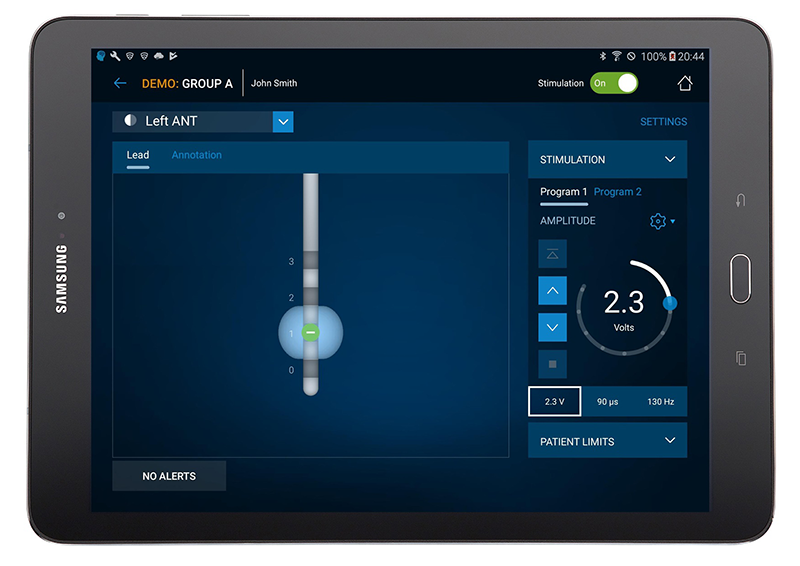Epilepsy is a neurological disorder in which brain activity becomes abnormal, causing seizures or periods of unusual behavior, sensations, and sometimes loss of awareness. About a third of patients do not respond positively to medicines and some experience mild to severe side-effects. Medtronic is introducing deep brain stimulation therapy (DBS) as an option for treating drug-resistant epilepsy in the United States.
Related BioSerenity Helping Epilepsy Patients by Diagnosing the Condition Earlier
DBS therapy for epilepsy involves delivering controlled electrical pulses to a target in the brain called the anterior nucleus of the thalamus (ANT), which is part of a network involved in seizures. Recently, Medtronic DBS Therapy for Epilepsy received pre-market approval from the U.S. Food and Drug Administration (FDA) as adjunctive treatment for reducing the frequency of partial-onset seizures in individuals 18 years of age or older who are refractory, or drug-resistant, to three or more antiepileptic medications. The approval was based on results from the SANTE® (Stimulation of the Anterior Nucleus of the Thalamus in Epilepsy) trial, wherein patients had a median seizure frequency reduction of 75 percent at seven years post-implant, reports Medtronic press release.

“The commercial availability of DBS provides an important surgical treatment option for patients who suffer from epilepsy and do not respond to medication,” said Robert E. Gross, M.D., Ph.D., MBNA Bowman chair & professor, Emory University Department of Neurosurgery, neurosurgical primary investigator for the SANTE trial. “ANT DBS has been shown to significantly reduce the frequency and severity of seizures and improve quality of life out to seven years. The first patient implanted since commercialization is doing very well. While it has only been 2 months since the system was turned on, his frequency of seizures has declined by more than 50 percent, and we expect improvement to increase further with additional programming sessions.”
Related Abbott, Medtronic Driving Deep Brain Stimulation Innovation for Parkinson’s Disease
With FDA approval and supporting clinical evidence, several health insurers have updated their policies to include ANT DBS therapy for epilepsy as a covered indication.












